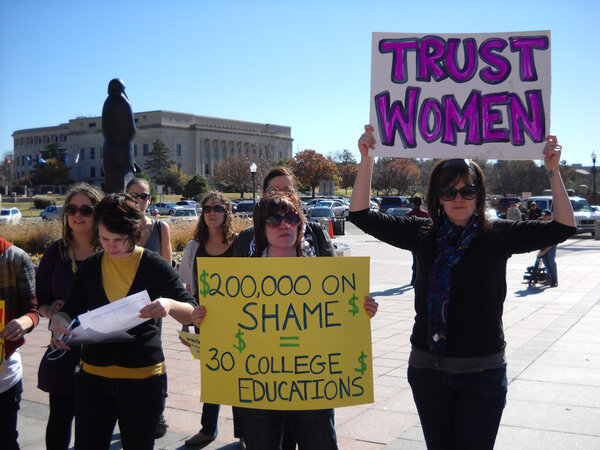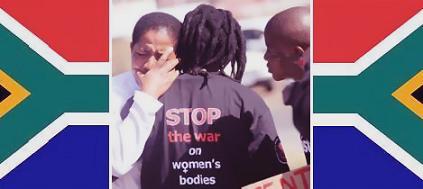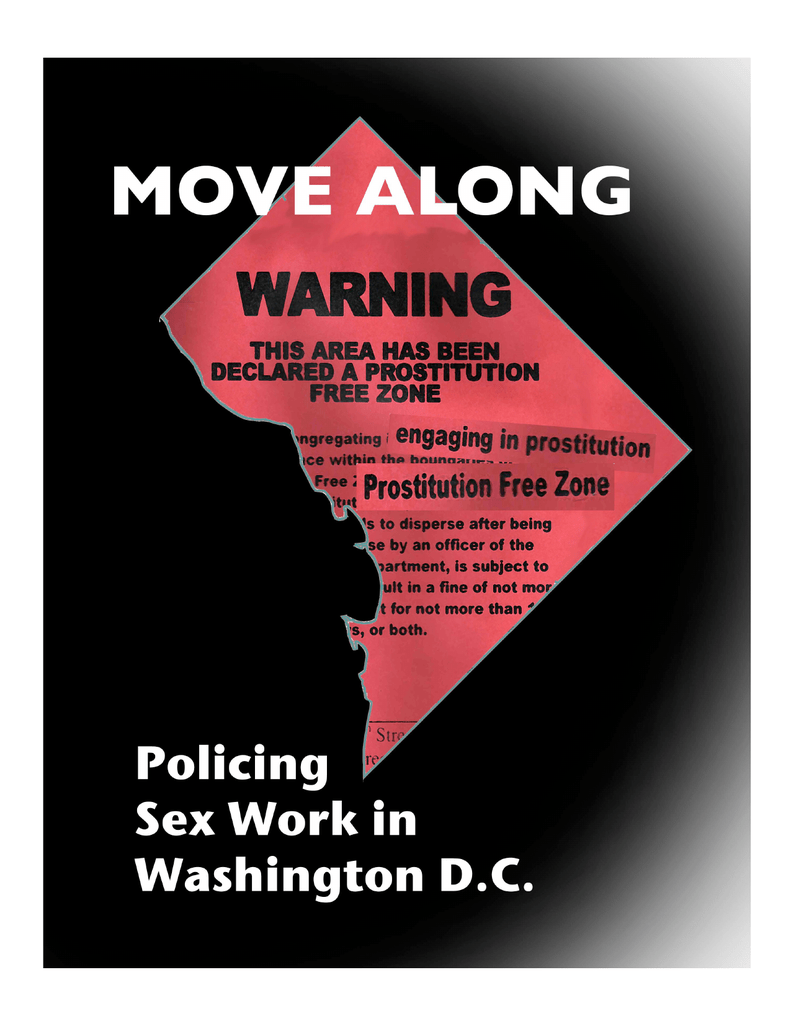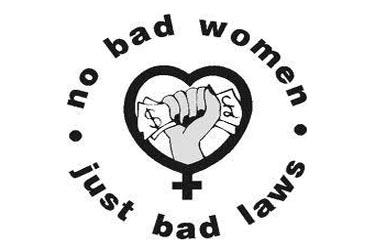
America has failed. It has given in to its most base, violent and ignorant tendencies. It has decided to embrace and project a man into power who is the literal face of sexual assault, xenophobia, racism, homophobia, anti-Semitism, and a slew of other like qualities. America has chosen smug ignorance, abuse of power and pure hatred of all Others over basic human decency.
Like everyone that I know, I spent last night and this morning in shock and tears. As a queer woman, as a member of communities with inclusion, love and empathy at their cores, I am truly afraid for the first time in my adult life. I came out to friends and family in 2001 in Oklahoma; I was 14 years old. George W. Bush had been elected President on a wave of religious fervor and fear, that seems minor compared to what we’ve seen in the last year. DOMA and the anti-marriage debate was front and center and it was still illegal to be an LGBT person in much of America, including my hometown where my community was under constant assault. But we moved forward, ever so slowly, and today it is not only not criminal to be an LGBT person in this country but we have gained many of the rights that seemed so unlikely less than 20 years ago. We elected an African-American man to the presidency who has demonstrated a decency and strength of character not often seen on a national level. I believed that this country was becoming a place where I and the people I love would feel safe in who we were. That belief has been shattered. That sense of safety is gone.
To those of you planning to move to Canada, you are cowards. To those of you gloating and taking this moment to tirade against Clinton, saying that Sanders would have succeeded, your privilege is keeping you from seeing what truly happened here. Hatred of women and minorities brought that man the election. Hate of that magnitude would not have been tempered by someone less qualified for the office. Had Sanders succeeded, it would only reinforce and further verify that hatred. This was not simply an election, it was and is an unabashed assault on everything that we hold dear, our values, our dignity and the safety of ourselves and those we love. But though we thought November 8th would be the end of a year of hatred and derision, we now know it is only the beginning. We are tired and we may feel broken. We must take our time to mourn, but we must fight and defend our right to be treated equally as Americans. We must fight with a renewed vigor for our futures and show our children that we will not be leaving them in an America that condones abuse and ignorance. Shake it off and let’s get to work.

(Photo Credit: UC Berkeley University Health Services) (Image Credit: Dusk Magazine)







